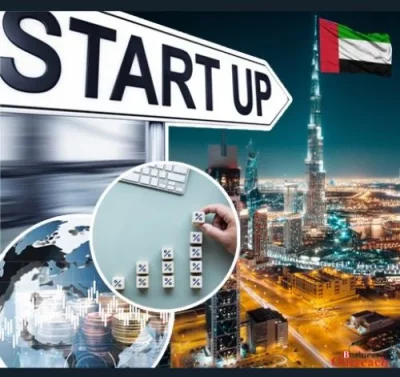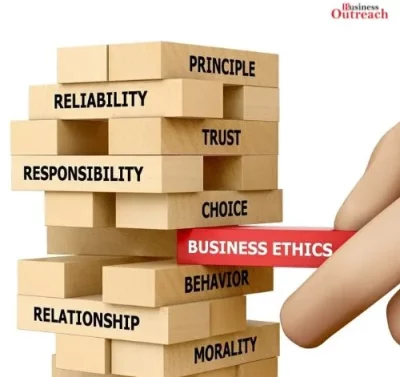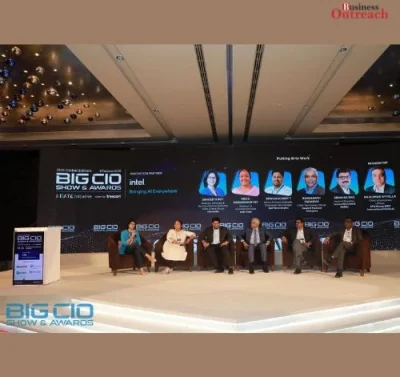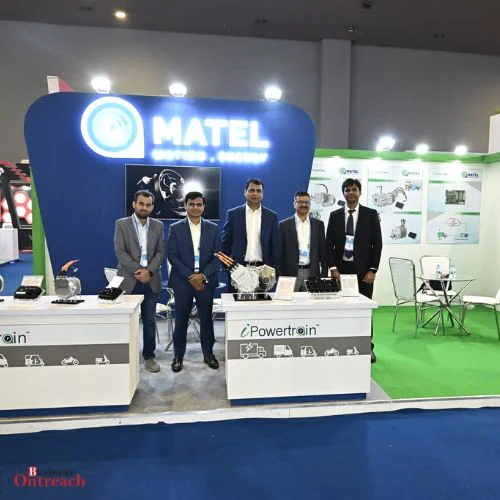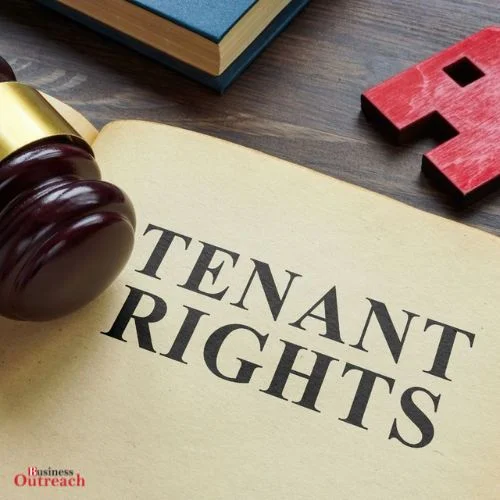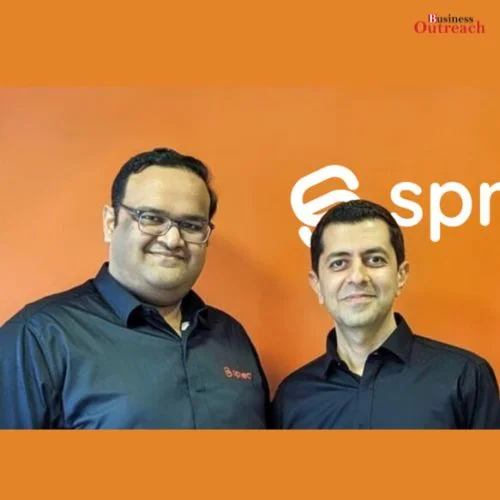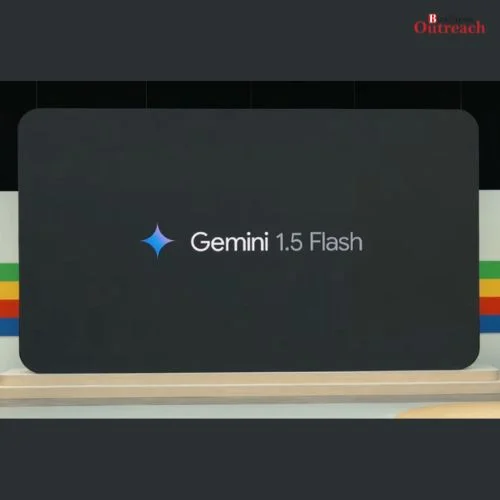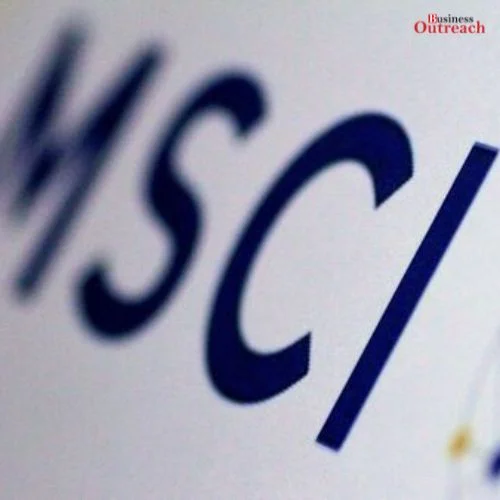The business inaugurated India’s first green hydrogen stainless steel facility on Monday.
Jindal Stainless Ltd. plans to modernize its facilities in Hisar, Haryana, as a green manufacturing hub in the coming years, in preparation for the new European carbon tax, which will go into effect in 2026, according to managing director Abhyuday Jindal.
In collaboration with Hygenco India Pvt. Ltd., the business launched India’s first green hydrogen stainless steel facility in Hisar on Monday. It also began the process of establishing a 200 MW renewal power station in Jajpur, Odisha, that will operate around the clock.
“We have already initiated 200 MW of RTC in Jajpur and are currently looking into another 100 MW for our Hisar facilities.” But that is still some time away, perhaps a year or two,” Jindal stated as per Mint.
JSL has two manufacturing the sites in India: one in Jajpur, Odisha, and the other in Hisar.
The Carbon Border Adjustment Mechanism, designed to require manufacturers exporting to Europe to pay a carbon price for the greenhouse gas emissions, will begin in 2026.
According to the Mint, “Till then, we as a company are ready in terms of reporting and in terms of our investments, but we are waiting to know what exactly the impact will be like,” Jindal said in a statement.
JSL’s green hydrogen factory is predicted to reduce the carbon emissions over the next 20 years, saving approximately 2,700 metric tons of carbon emissions each year and a total of 54,000 metric tons of CO2, according to the Mint.
Jindal described the green hydrogen plant as a critical step toward reaching net-zero emissions and supporting sustainable industrial practices.
The corporation plans to invest over ₹700 crore on green projects, aiming to achieve 50% of its net-zero emission target by 2035.
JSL is also negotiating with automakers, railways, and other infrastructure industries to export steel produced at its green plants.
According to the Mint, “There have been some talks with our customers where they want some green steel more internationally, not so much in the domestic market but more globally,” Jindal said in a statement. “We communicate not only with automobiles but also with railways and other infrastructure customers. This is only for international use and not much for domestic.”






